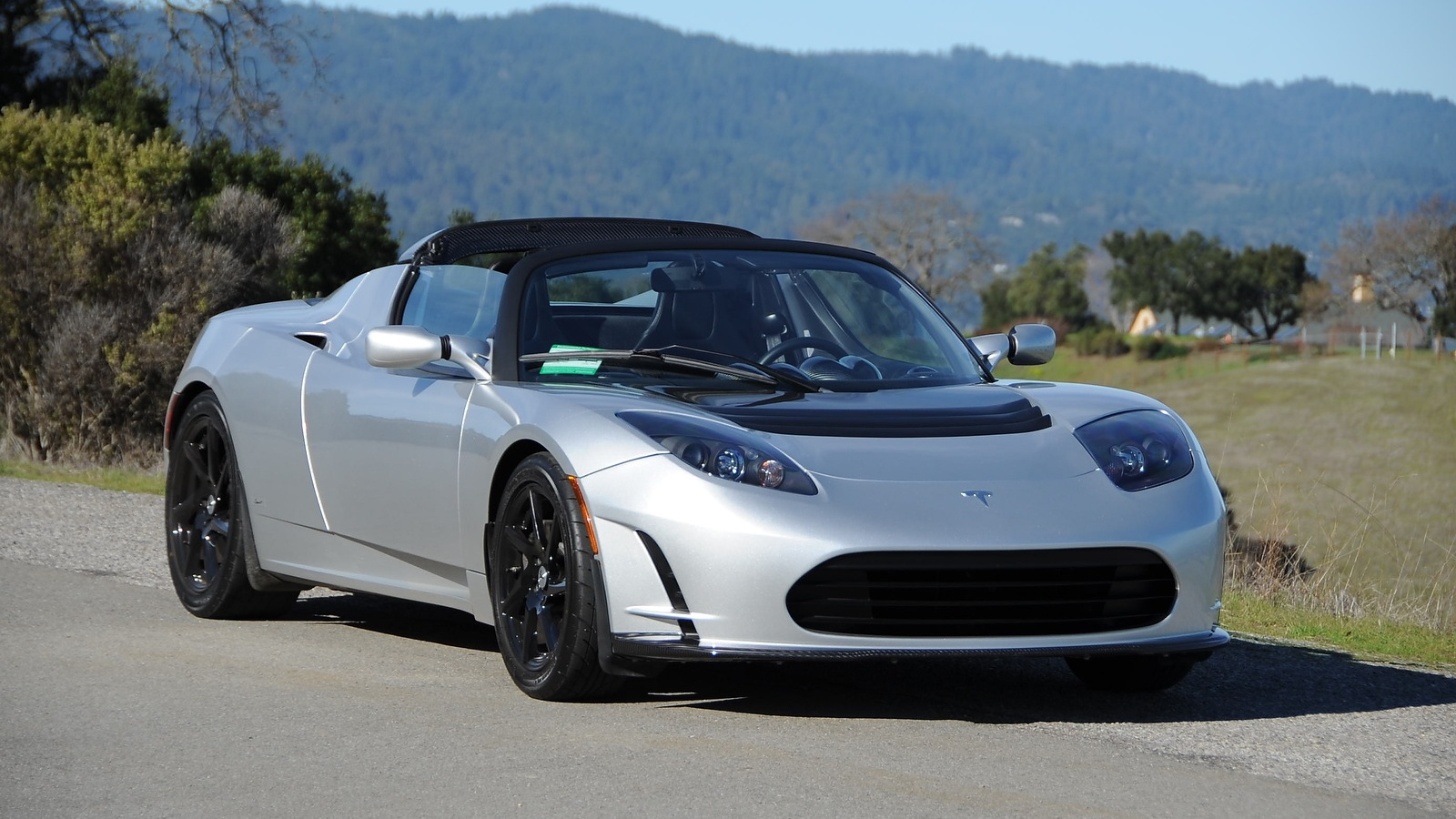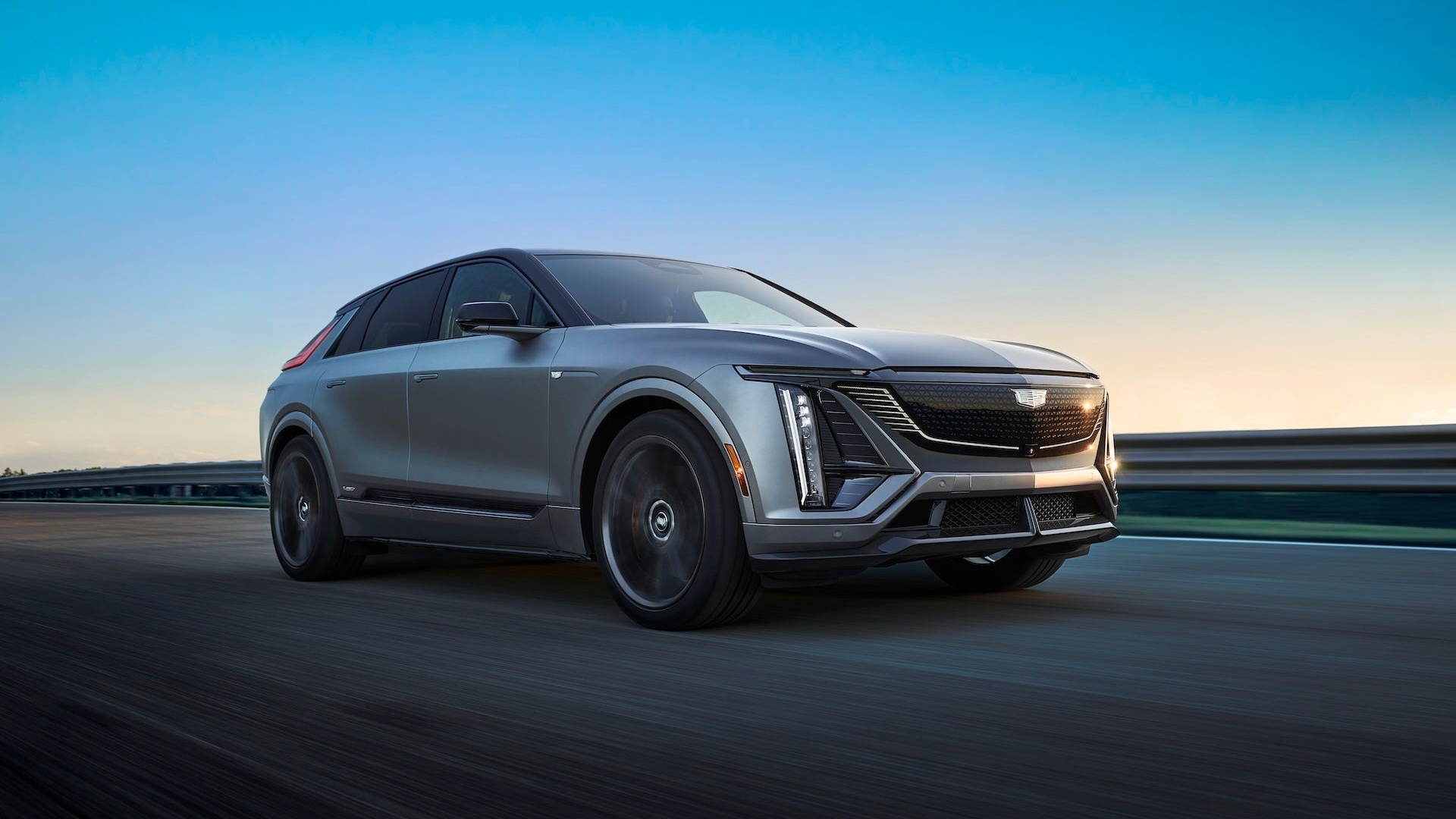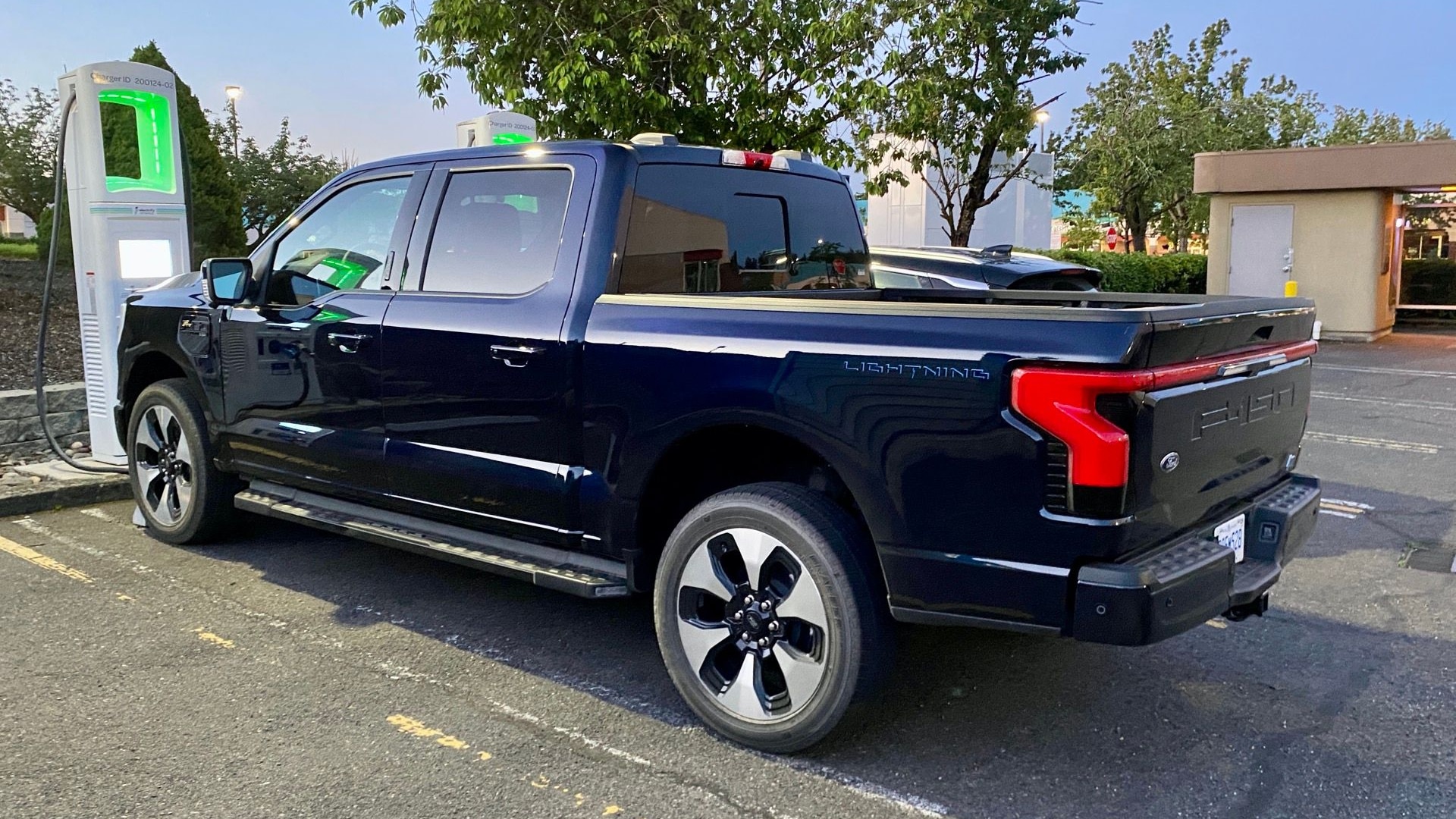Some 2017 and newer Ford vehicles may have illegally polluted more than the company claimed during emissions certifications, and the company admitted Friday that criminal investigators were looking into the matter.
The disclosure that the U.S. Department of Justice began investigating the Ford vehicles in February was made during the company's routine report to securities officials Thursday. In February, Ford told environmental officials about the irregularities.
"(Ford) has become aware of a potential concern involving its U.S. emissions certification process. This matter currently focuses on issues relating to road load estimations, including analytical modeling and coastdown testing. The potential concern does not involve the use of defeat devices..." the company wrote in its quarterly filing to the SEC. "We voluntarily disclosed this matter to the U.S. Environmental Protection Agency and the California Air Resources Board on February 18, 2019 and February 21, 2019, respectively. Subsequently, the U.S. Department of Justice opened a criminal investigation into the matter. In addition, we have notified a number of other state and federal agencies. We are fully cooperating with all government agencies."
In February, Ford said it was investigating emissions certifications for cars, trucks, and SUVs that it submitted to the EPA. It said it would begin a new certification procedure with the Ranger pickup, which went on sale earlier this year.
DON'T MISS: Ford invests $500M in Rivian to tackle Tesla, future electric vehicles
Kim Pittel, Ford's VP of environmental and safety engineering, said the company was made aware of the emissions issues in September 2018 via an employee tip line.
“In September, a handful of employees raised a concern through our Speak Up employee reporting channel regarding the analytical modeling that is part of our U.S. fuel economy and emissions compliance process," she said.
As a result, the company hired an outside agency to investigate the claims.
Thursday's admission by Ford was the first time that the company acknowledged that federal justice officials were also looking into the issue.
In the past, Ford has made similar missteps regarding fuel consumption and efficiency. In 2014, the automaker paid millions to Ford and Lincoln vehicle owners for misstated fuel economy ratings, mostly for hybrid vehicles.
Since then, federal regulators have cracked down on automakers who misstate or falsify emissions information.













